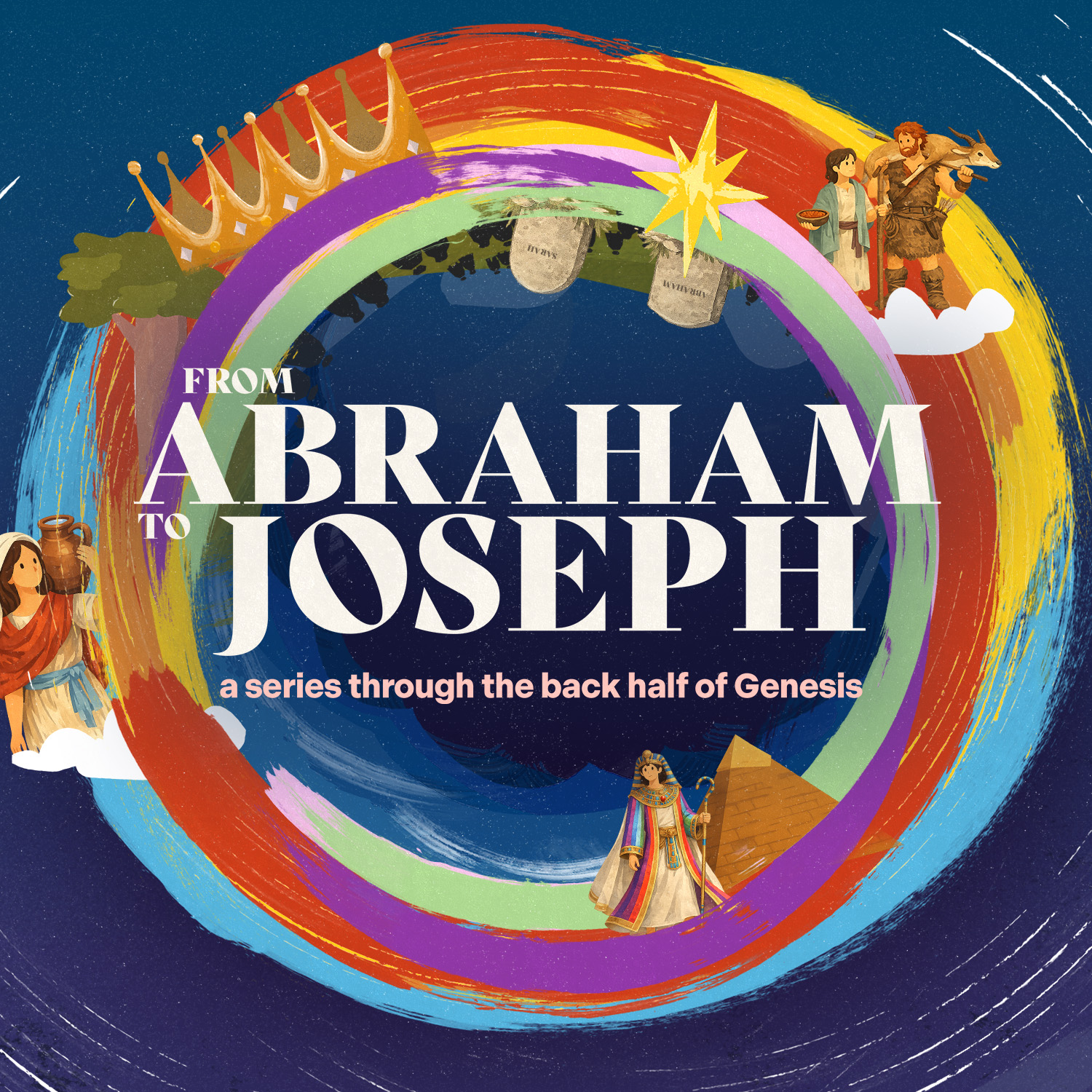I also pointed out that this could leak over into our spiritual life as we consider what God has done for us. Some people look at what God has done for us and conclude, “He is amazing!” and some people look at those same actions and conclude, “I am amazing.”
I hoped it would be obvious that the “He is amazing” people were right.
Because of that, I poked fun at a particular Christian song titled “Someone Worth Dying For.” I called it a “stupid song” which was not a phrase written in my sermon notes, but something that just kinda’ came out of my mouth at the time (because I believe it.)
The chorus of that song asks the question, “Am I really something beautiful?” and then goes on to pray, “Jesus, help me believe that I am someone worth dying for.”
In my opinion, that song turns the gospel on its head and makes the sacrifice of Jesus something that proves our worthiness and beauty, instead of something that proves His worthiness and beauty (see Revelation 5:9-12 for lyrics to a more theologically-accurate song.)
Someone who was in attendance that day approached me later and asked me, “Why? What is the problem with telling people that they are worthy because Jesus died for them?” It’s a good question. After all, isn’t this what many preachers say? Isn’t this what many Christian books teach? Aren’t there other Christian songs with a similar message? How could all these people be wrong?
First of all: Yes, there are many preachers who talk like that. I am not one of them. James 3:1 says that, as a teacher, I will be judged more strictly than other Christians, and therefore I am wary of emphasizing things that Scripture doesn’t say much about at the expense of things that are said in Scripture repeatedly. Preachers who can read Romans chapter three (or Hosea chapter three!) and then walk away and teach “Jesus died for us because we are so worthy” may have to answer to God for that one day. And I don’t want to be in that group when the time comes.
Additionally, just because words are in a Christian song doesn’t make them true. Some of the music playing on Christian radio was written, not by thoughtful theologians, but by spiritually immature people (sometimes in their teens and early twenties) who happen to be very talented musically. That’s certainly not a crime. But we can’t just say, “If it’s on the Joy FM, it must be true.”
Personally, I think that the self-esteem movement which began in the 1980’s and 1990’s has affected our whole culture, and even church culture, much more than most people realize.
“You are great. You are special. You are worth it.” These messages have been drilled into us (people under 50 years old in particular) since we were kids. And because of that, I think there are now Christians writing lyrics (and preaching sermons) that the Christians during the first 1900 years of Christianity probably wouldn’t have thought to say. Begging God to reassure us about how beautiful we are and asking for His help in believing in our own worthiness is not the kind of thing Christians have historically sung much about. And that makes sense. It doesn’t seem to me that that kind of thing is emphasized in the Bible much. Prior generations didn’t have the self-esteem movement clouding their judgment. So, I’d guess that they would have been able to see the weirdness of that kind of talk much better than we can from our cultural vantage point.
Paul, early in his presentation of the gospel to the Romans, referred to all humans as worthless. Modern-day Christians are often far less likely to emphasize that kind of thing. And I’m not sure that’s all bad. Of course, each person has to take their audience into account when they speak. (I’m sure that’s why Matthew and Mark wrote their gospels differently - because they were writing to two different groups of people.)
So, it is often important, in a culture like ours, to affirm the idea that humans aren’t objectively worthless in the sense that they should be eliminated or mistreated. Of course, there is a sense that we all have great value. After all, we were created in the likeness of God (see Genesis 1:27) and Biblical authors like James even use that concept in their reasoning for why cursing other people is morally wrong (see James 3:8-10.) So, yes, there’s a sense in which we are certainly not worthless.
However, there is a sense in which we are. Romans 3:10-28 makes it very clear that humanity is hopelessly sinful, doomed apart from Christ, and that none of us have ever done anything that makes us worthy of God’s grace. (In fact, if we were “worthy” of it, it wouldn’t even be “grace.” We’d have to use another word.)
And that is what’s so great about the gospel. It’s not that God was so wise that He sent His Son to die for people who were “worth dying for.” Rather, it’s that even when we were in the midst of our rebellion and rejection, God sent his Son to die for us anyway. He saved us, despite us… not because of our beauty and worthiness. And that is one thing that makes Him so worthy of our eternal worship.
I remember once talking to a friend as he was coming to understand the gospel for the first time. At one point, as he thought about his own sin, he looked at me and said, “I feel like I’m such a crappy* person.” And I responded, “You are a crappy person! I’m a crappy person! That’s what’s so great about the gospel! Jesus will love us and save us anyway!”
So, I write all of this as a reminder to us, to not turn the gospel on its head. Be sure to keep God, not us, at the center of the Good News of Jesus Christ.
* Note: He didn’t actually say “crappy.” But this is a church newsletter. ?

